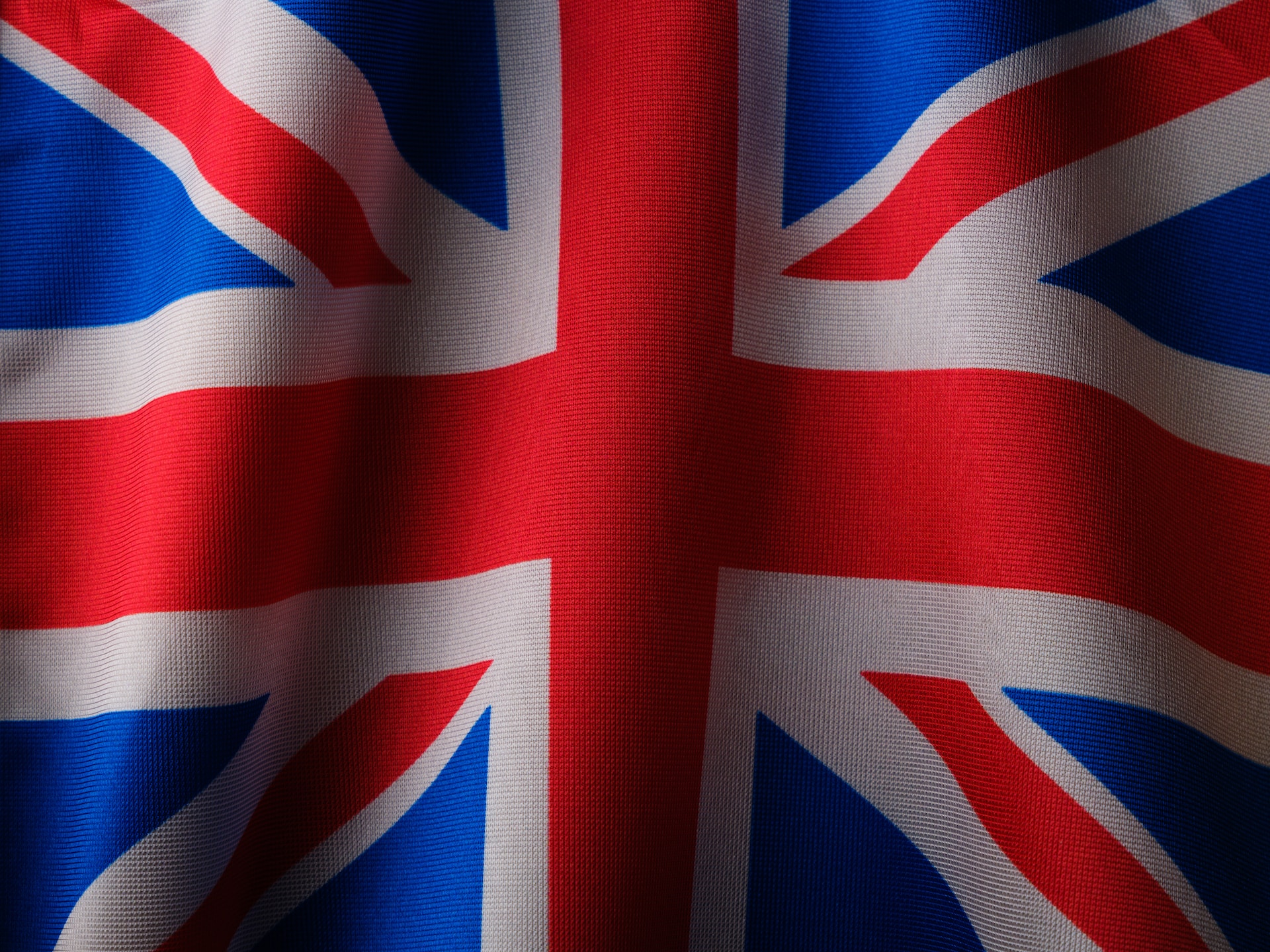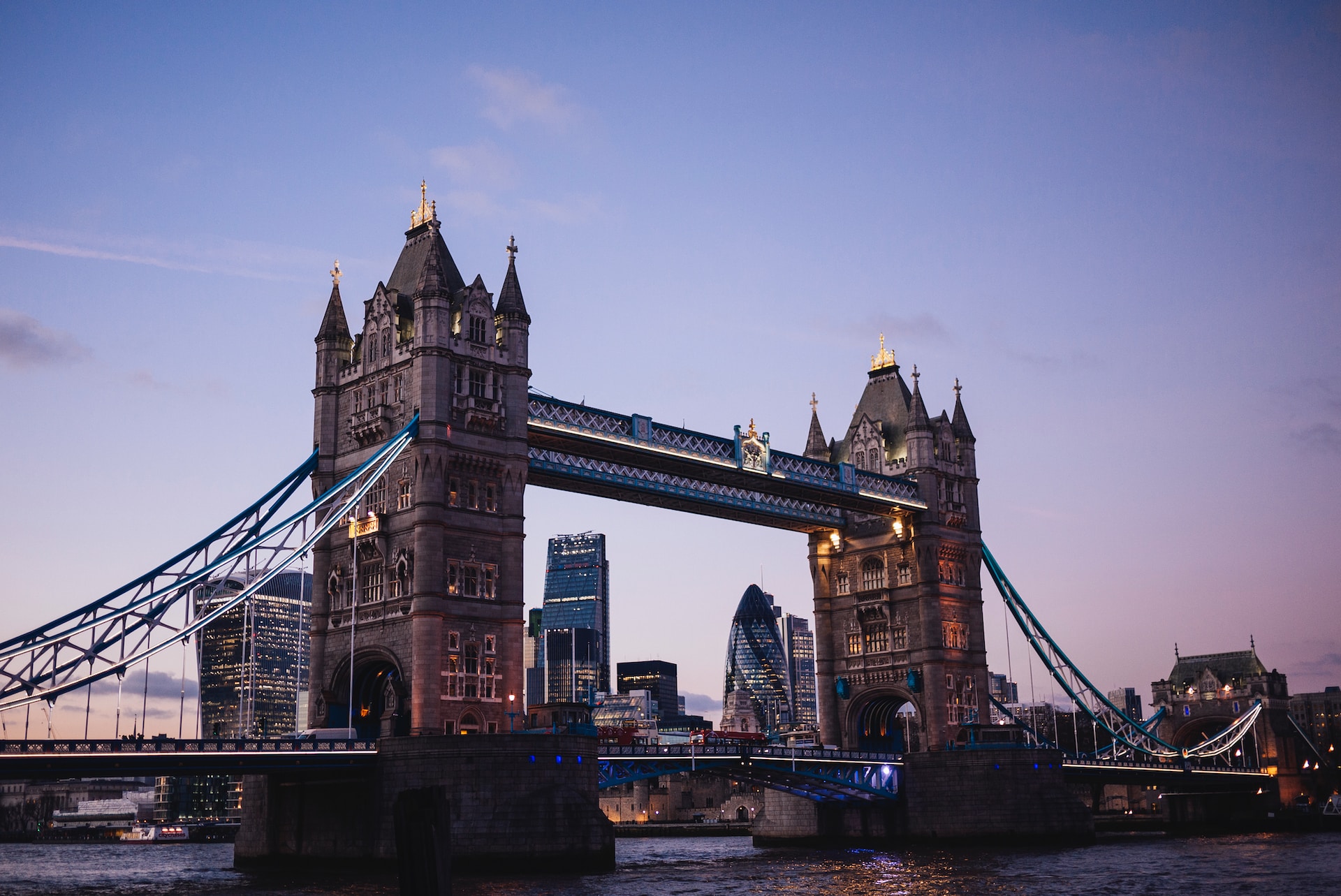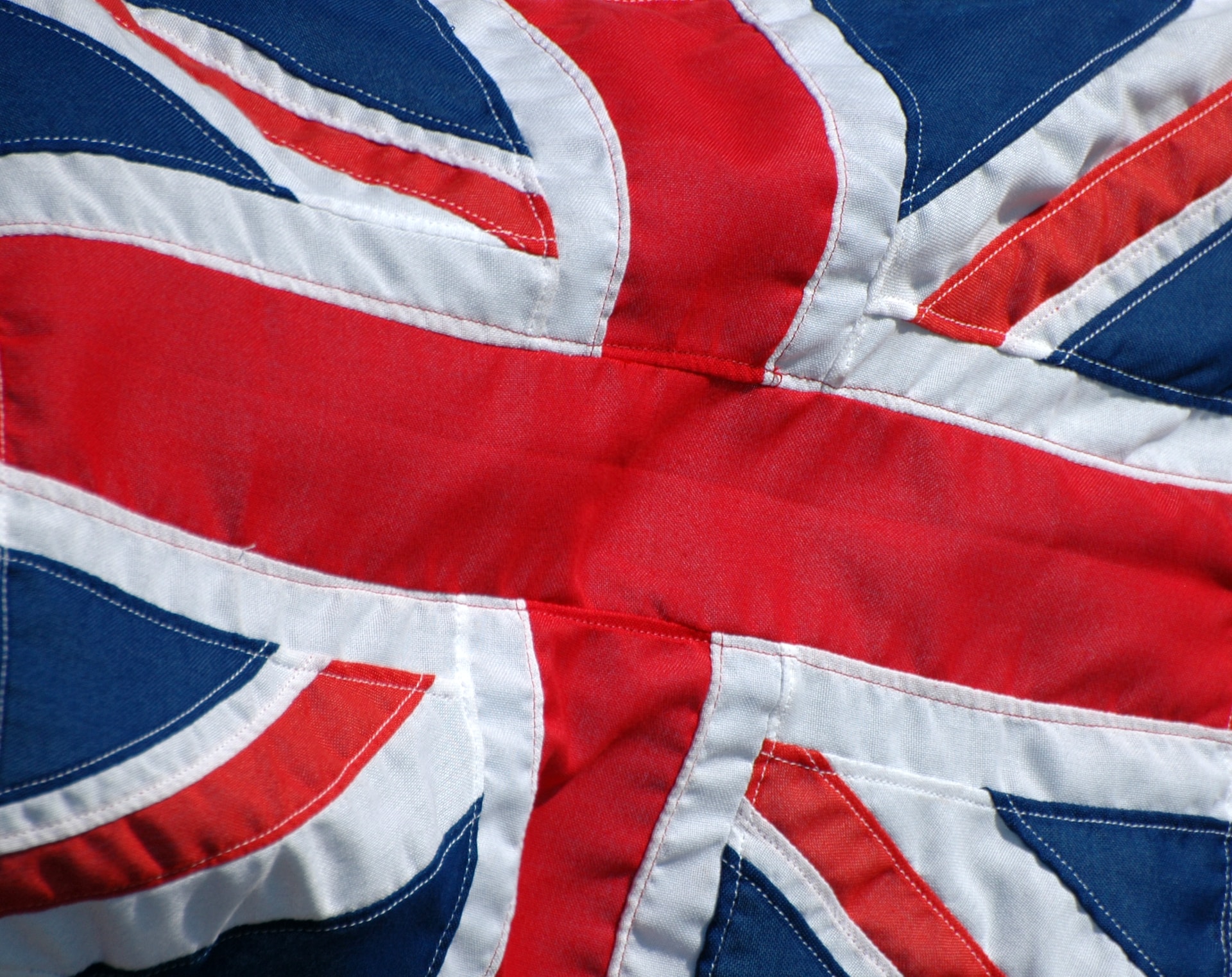Protecting intellectual property in the UK is crucial for businesses and individuals to maintain a competitive edge and ensure long-term success. By understanding the different types of intellectual property protection available in the UK and staying informed about potential risks, rights holders can take proactive steps to safeguard their valuable assets. Fostering a culture of innovation and creativity in the UK requires a comprehensive approach to IP protection, including education, enforcement, and collaboration with experienced professionals. By navigating the complexities of the UK's IP landscape, businesses and individuals can successfully protect their intellectual property and thrive in the country's dynamic and competitive market.
Types of Intellectual Property Protection in the UK
The UK offers protection for various types of intellectual property, including:
- Patents: Patents protect inventions and innovations for a specific period, typically 20 years from the filing date. The UK Intellectual Property Office (UKIPO) is responsible for granting patents.
- Trademarks: Trademarks protect brand names, logos, and symbols that distinguish goods or services from one company to another. The UKIPO is responsible for registering trademarks.
- Copyright: Copyright protects original literary, artistic, and musical works, including computer software and databases. In the UK, copyright protection is automatic upon the creation of the work and does not require registration.
- Design Rights: Design rights protect the appearance of products, such as the shape, color, or pattern. Registered designs can be filed with the UKIPO, while unregistered design rights arise automatically upon creation.
- Trade Secrets: Trade secrets protect confidential business information, such as formulas, processes, or methods. While there is no formal registration process for trade secrets, businesses must take appropriate measures to maintain confidentiality.
Risks to Intellectual Property in the UK
Despite the UK's strong IP protection framework, businesses and individuals may still face certain risks, such as:
- Counterfeiting: The production and sale of counterfeit goods can infringe on trademark and copyright protections. Counterfeit goods may be found in various industries, including luxury goods, electronics, and pharmaceuticals.
- Digital Piracy: Unauthorized distribution and copying of copyrighted digital content, such as movies, music, and software, remain a concern in the UK.
- Inadequate Enforcement: While the UK has robust enforcement mechanisms, some rights holders may still experience challenges in effectively enforcing their IP rights, particularly in cases involving trade secrets or digital piracy.
Enforcing Intellectual Property Rights in the UK
Rights holders can enforce their IP rights in the UK through the following mechanisms:
- Administrative Enforcement: Government agencies, such as Trading Standards, can take administrative actions against IP infringements, including issuing fines, confiscating counterfeit goods, or issuing warnings.
- Civil Litigation: Rights holders can file a civil lawsuit against infringers in the UK courts, seeking damages and injunctions to stop the infringement. However, civil litigation can be time-consuming and costly.
- Criminal Prosecution: In some cases, IP infringement may be considered a criminal offense under UK law, leading to fines or imprisonment for the infringer. Rights holders can file a criminal complaint with the UK police to initiate an investigation.
Relevant Statistics
- The UK ranks 4th globally in the Global Innovation Index 2021, demonstrating its strong IP protection framework and innovation capabilities.
- According to the UKIPO's annual report for 2020/2021, the number of trademark applications reached 73,526, while the number of patent applications reached 22,166.
- The UK government estimates that the annual cost of IP crime to the UK economy is between £1.3 billion and £1.6 billion.
Related Information

















